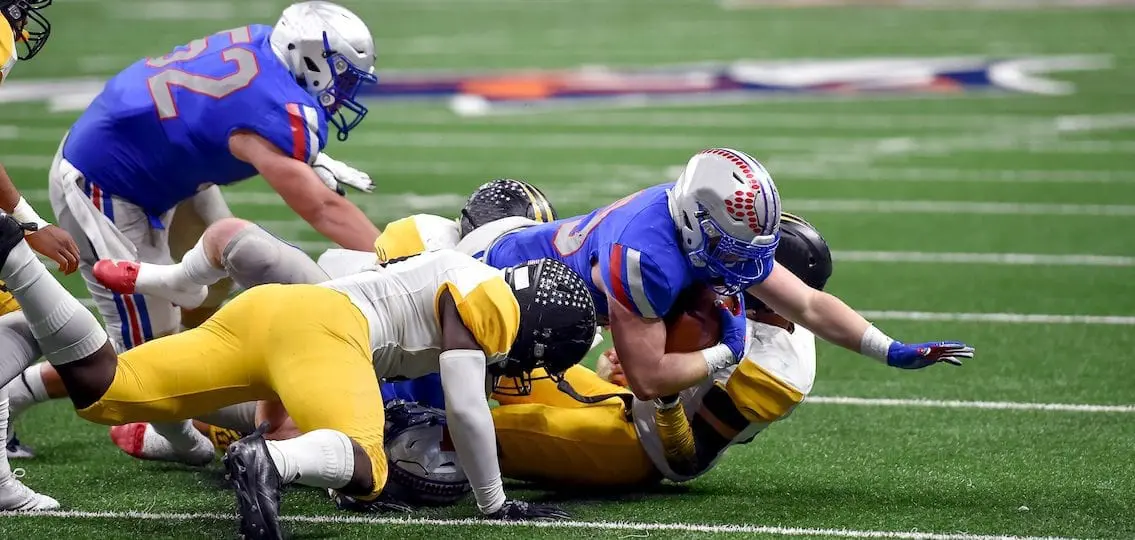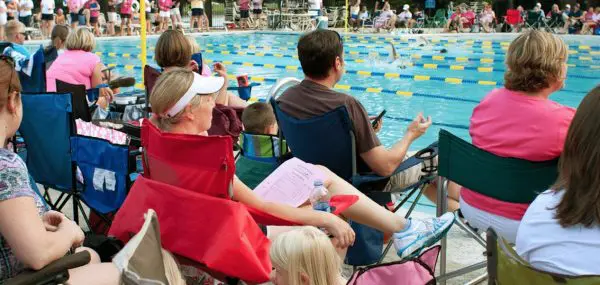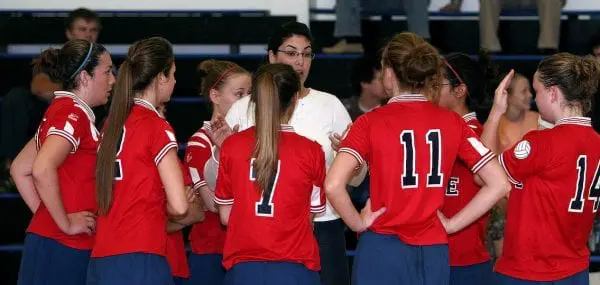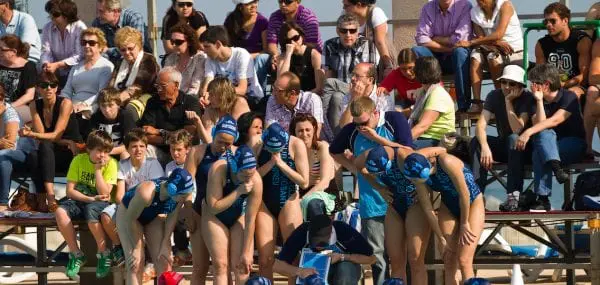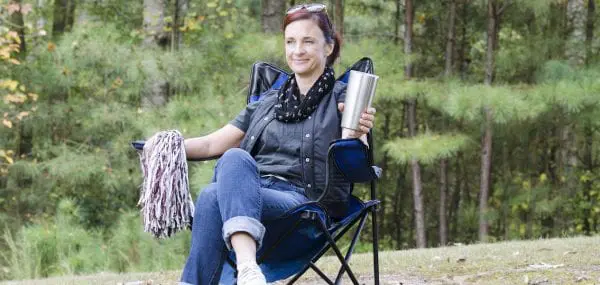By the sixth game of my son David’s first season playing high school football, the red EMS truck parked at the stadium gate was part of the scenery. The football program at East Lansing High School in Michigan went a step further than the required medical services; in addition to team trainers supplying first aid, the team doctor stood on the sidelines.
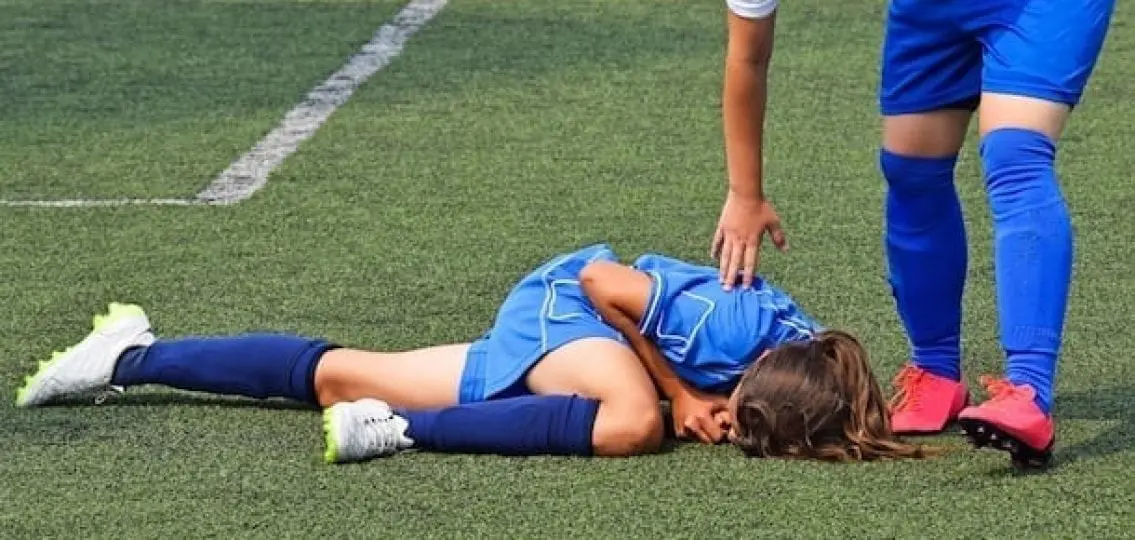
At the parents’ meeting, freshman team coaches had warned us that football is a dangerous game. But, with only three games left in the season, my son hadn’t needed medical attention.
I was lulled into thinking David wouldn’t get injured.
All of that changed late in the third quarter of the sixth game when David trotted to the sidelines. Instead of putting a cup under the water keg spout, he pulled off his black football glove and stuck his right hand under the water fall. He stayed on the sidelines until game’s end, holding his own hand as if he were taking his pulse.
I thought Coach was resting my son because, despite our opponent throwing for another touchdown, it was not enough to beat us. “We won!” I screamed. “We won!”
An hour and a half later, David walked out of the locker room. Other parents called out, “Great game!” to him, but I frowned at the sandwich-sized bag of ice taped to his hand. Climbing into the car, he explained, “Guy tackled me after the play.”
It is against the rules to tackle a player once the play is over and the ball is dead and I didn’t remember hearing a referee’s whistle involving David.
“The trainer took a look at it,” he continued, calmly. “Said it was a sprained thumb. I should keep ice on it.”
Staring at the ice bag, I said, “Maybe the doctor should take a look.”
“It’s fine, Mom. The trainer will look at it again tomorrow.”
The trainer was a student from Michigan State University who worked with the team doctor.
As the mom of two sons, I knew what my youngest was thinking—no blood, no broken bones, no problem.
David was fine until after practice the next day when he called me after school to come pick him up. “Mom,” he said, “my chest hurts.”
Racked with guilt, I raced to the school to get him. Every week I showed up in the stands, laughing, making friends, cheering while David played football—and now he was injured.
David waited on the sidewalk for me, his black backpack hanging off one shoulder. He got in the car with a large plastic bag for ice.
“Do we have any ibuprofen?” he asked.
The trainer, in consultation with the team doctor, thought David’s chest pain came from the inflammation of a deep chest bruise and advised the anti-inflammatory drug and ice.
The full story of what happened at the game came out then. David explained that his opponent had lowered his helmeted head and drove it into David’s chest. The move is called spearing and has been banned in high school play since 1976 because it can result in a broken neck or the internal organs being injured. There was no foul call made because a referee hadn’t seen it happen. Neither had I.
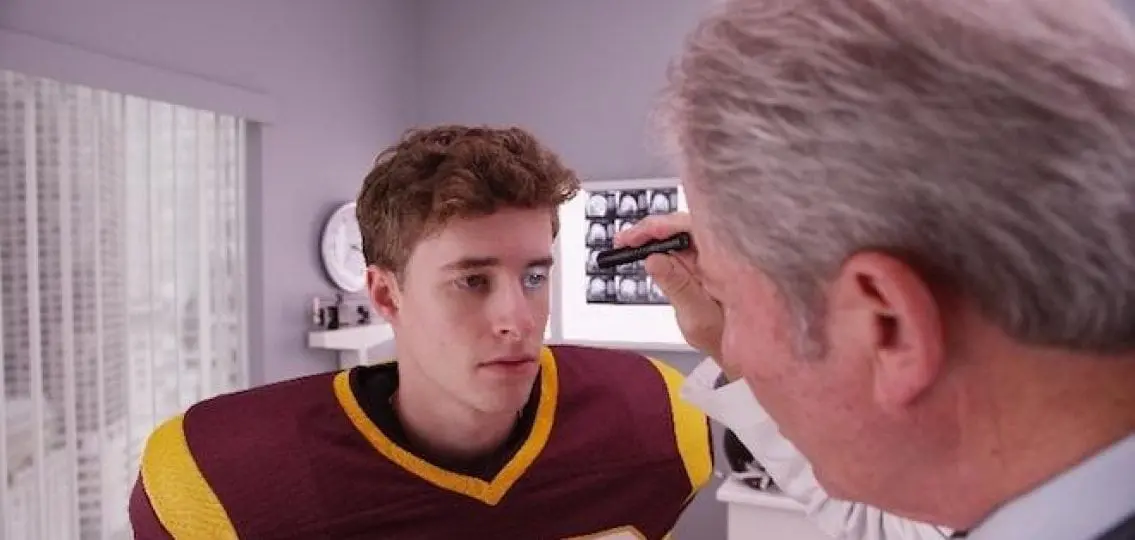
Maybe I should have insisted on a visit to the pediatrician, but my husband and I decided to watch and wait. All weekend David stretched out on the sofa, taking ibuprofen, watching movies and reading while the drug and ice did their work.
I carried bags of melted ice from his place on the sofa to the kitchen, but my fears for my child wouldn’t wash down the drain with the warm water.
On the first day of football season I hadn’t known enough to be scared for my son. Now I did. David returned to practice the next week, finished his first season—and three more after that—but I never again assumed he would be fine playing football.
